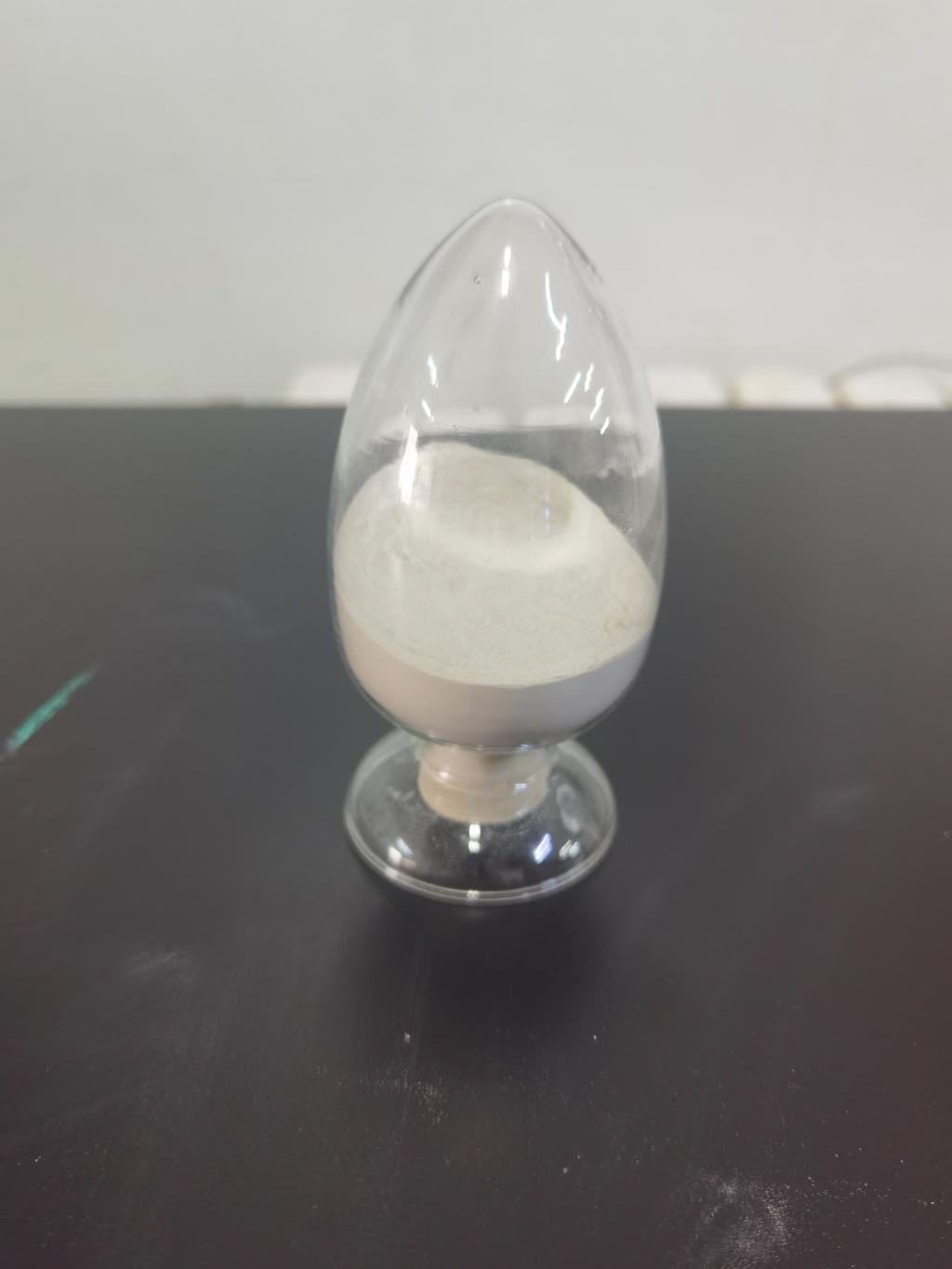Tel:+8618231198596

News
 CONTACT
CONTACT
 CONTACT
CONTACT
- Linkman:Linda Yao
- Tel: +8618231198596
- Email:linda.yao@dcpharma.cn
- Linkman:CHARLES.WANG
- Department:Overseas
- Tel: 0086 0311-85537378 0086 0311-85539701
News
Nisin's potential in enhancing the safety of plant-based alternative protein products.
TIME:2023-08-15
Introduction:
Plant-based alternative protein products have gained significant traction among consumers seeking healthier and sustainable dietary choices. However, like traditional animal-based products, plant-based alternatives are not immune to microbiological risks. Nisin, a bacteriocin produced by Lactococcus lactis, offers a novel approach to mitigating microbial challenges and enhancing the safety of plant-based protein products.
Nisin: A Natural Antimicrobial Warrior:
Nisin is a naturally occurring antimicrobial peptide known for its ability to inhibit the growth of various Gram-positive bacteria. Its selective action against harmful microorganisms while sparing beneficial ones makes it a valuable tool for food preservation. Nisin's recognition as Generally Recognized as Safe (GRAS) by regulatory agencies further supports its suitability for food applications.
Microbial Challenges in Plant-Based Protein Products:
Plant-based alternative protein products, often made from ingredients like soy, peas, or mushrooms, can harbor spoilage and pathogenic microorganisms. The absence of heat treatment during processing, as well as the potential for cross-contamination, poses food safety risks. Ensuring microbial safety without compromising the sensory and nutritional attributes of these products is a critical challenge.
Nisin's Mechanism of Action in Plant-Based Proteins:
Nisin acts by disrupting bacterial cell membranes and interfering with cell wall synthesis. This dual mode of action leads to increased membrane permeability and loss of cellular integrity, ultimately causing bacterial cell death. Nisin's specificity for Gram-positive bacteria aligns well with the types of microorganisms commonly encountered in plant-based protein products.
Applications of Nisin in Plant-Based Protein Products:
Nisin can be applied to plant-based protein products through various methods, including direct incorporation into formulations, coatings, and packaging materials. Studies have demonstrated nisin's effectiveness in inhibiting spoilage bacteria, such as Bacillus and Listeria, which are potential contaminants in plant-based products. Its use can help extend shelf life and reduce the risk of microbial-related quality issues.
Benefits of Nisin Application:
Utilizing nisin to enhance the safety of plant-based protein products offers several advantages. Firstly, nisin's natural origin and compatibility with plant-based ingredients align with the clean label trend and consumer preferences for minimally processed foods. Secondly, the targeted action of nisin reduces the reliance on synthetic preservatives, contributing to a more natural and consumer-friendly product. Lastly, improved microbial safety can lead to reduced food waste and fewer recalls, benefiting both consumers and the food industry.
Regulatory Considerations:
The incorporation of nisin in plant-based protein products is subject to regulatory oversight and approval. Regulatory bodies such as the Food and Drug Administration (FDA) evaluate the safety and efficacy of nisin-containing products before they enter the market. Compliance with these regulations is essential to ensure consumer safety and product quality.
Future Directions and Challenges:
While the potential of nisin in enhancing the safety of plant-based protein products is promising, further research is needed to optimize its application. Determining the most effective concentrations, processing conditions, and potential interactions with other ingredients is essential. Additionally, assessing the impact of nisin on sensory attributes and consumer acceptance is crucial for successful integration.
Conclusion:
Nisin's application in plant-based alternative protein products offers a proactive approach to addressing microbial challenges and enhancing food safety. By harnessing its antimicrobial properties, the food industry can deliver plant-based products that are not only nutritious and sustainable but also safe for consumption. Continued collaboration between researchers, industry stakeholders, and regulatory agencies will be vital in fully unlocking the potential of nisin to ensure the safety and integrity of plant-based protein products in the dynamic landscape of modern food choices.
- Tel:+8618231198596
- Whatsapp:18231198596
- Chat With Skype







